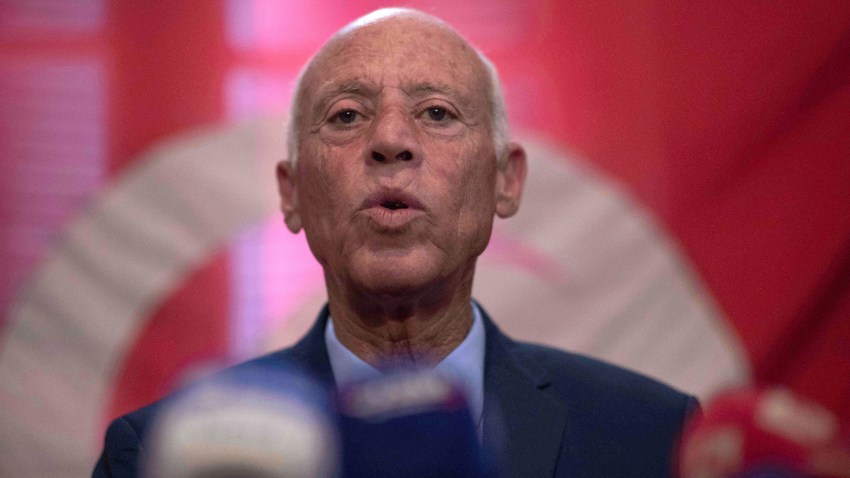Tunisian President Kais Saied won a second term in a low-turnout, managed presidential election Sunday. Tunisia’s election authority reported that Saied won more than 90 percent of the vote, although less than 30 percent of eligible voters participated. (AP)
Our Take
Saied’s reelection on Sunday hardly comes as a surprise. Back in July 2021, less than two years after he first won the presidency as a dark-horse outsider candidate, Saied took a series of steps that amounted to a self-coup. Since then, he has concentrated power in his own hands by ushering in a new constitution, dismantling checks and balances, and cracking down on any challenges to his rule. Ahead of this election, Saied’s most prominent rivals for the presidency were either jailed or kept off the ballot.
The outcome of the voting, then, was a foregone conclusion long before Sunday. But it is still important symbolically. After all, Tunisia was the birthplace of the Arab Uprisings in 2011, and for a decade it was considered the only true success story to come out of those popular movements against the region’s authoritarian dictatorships. And while the country’s post-revolution democracy was fractious and crisis-prone, it was undoubtedly a step forward for human rights, in particular for free speech and political dissent.

